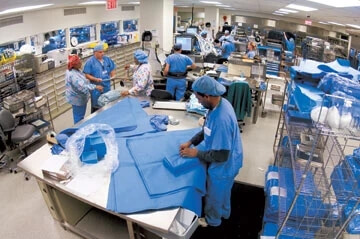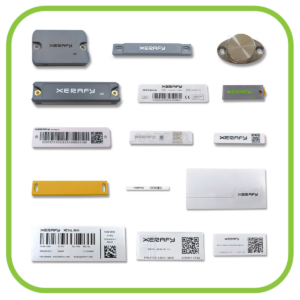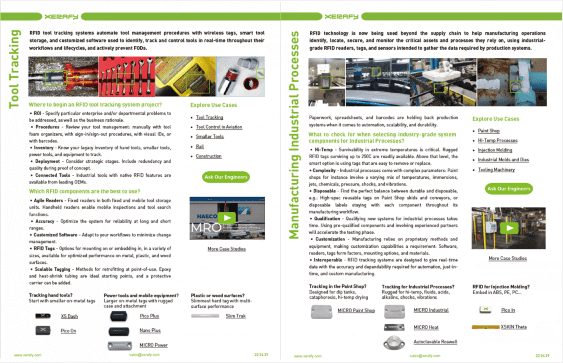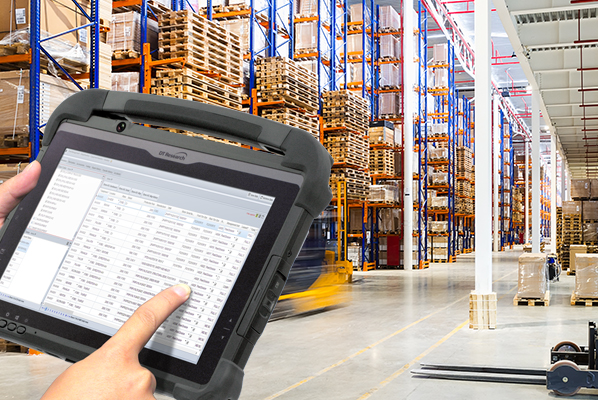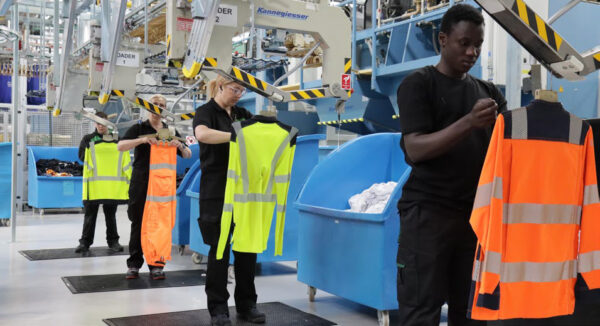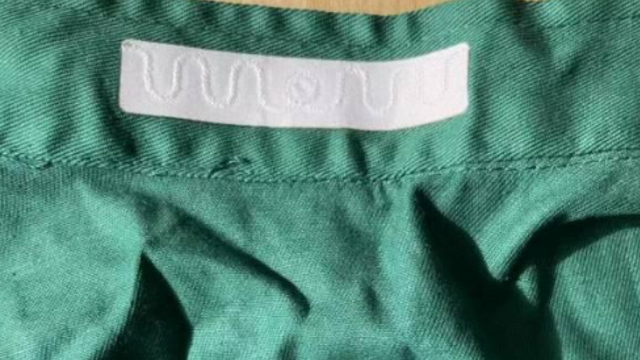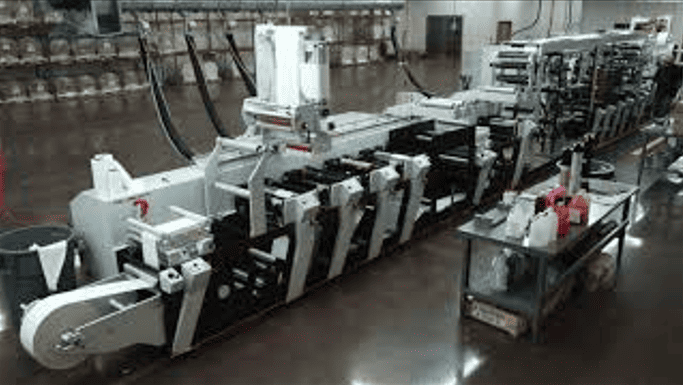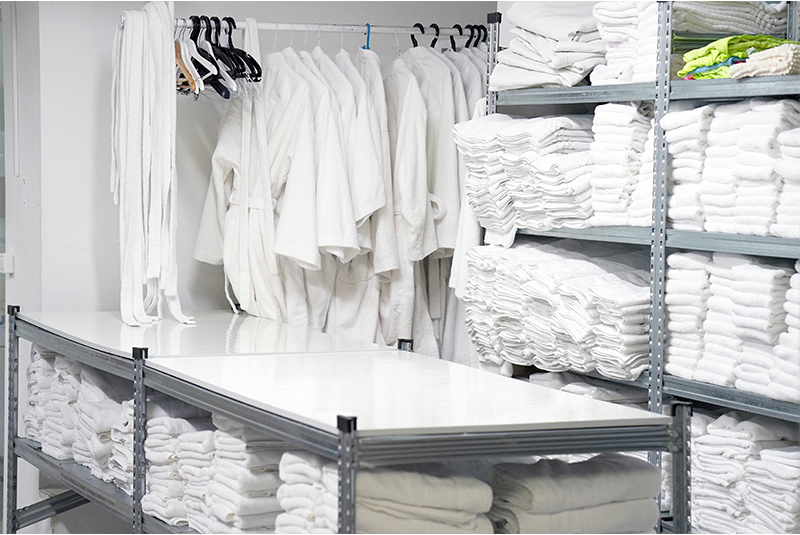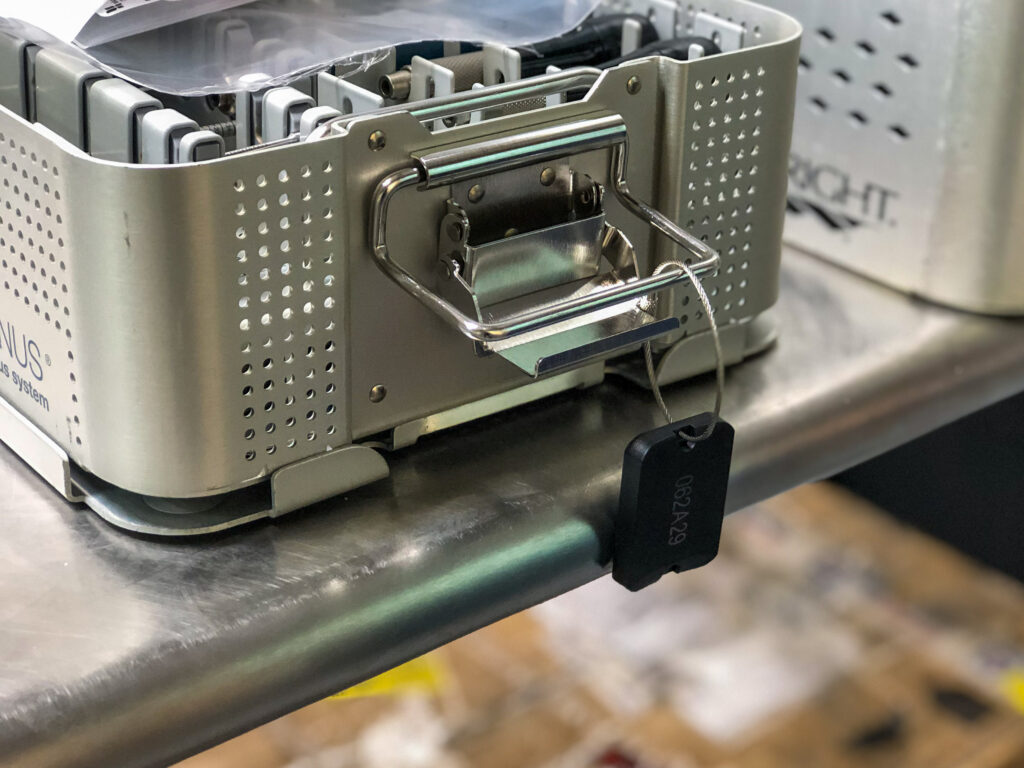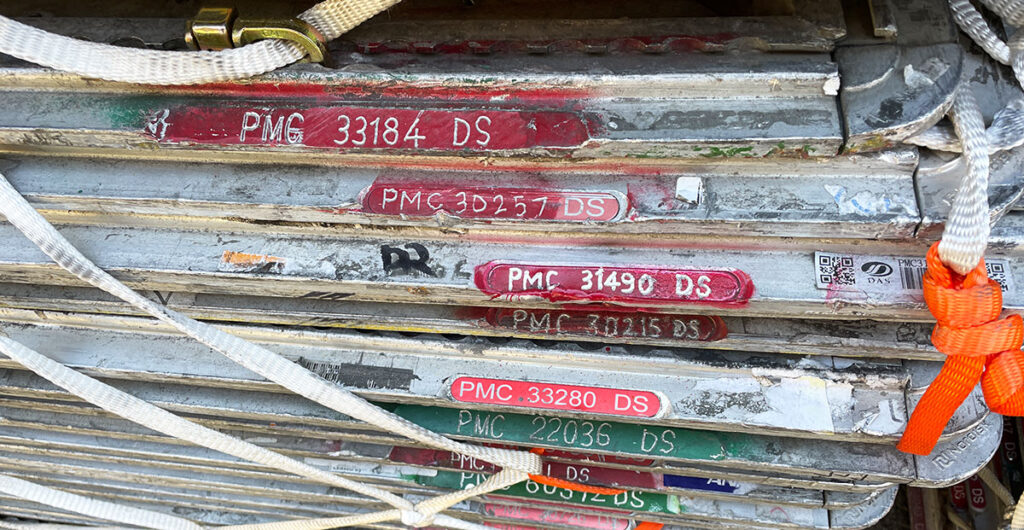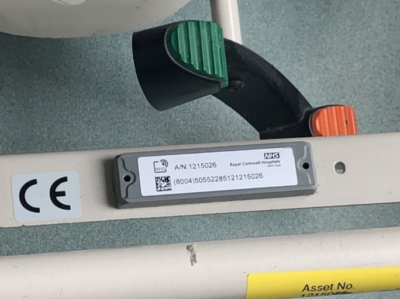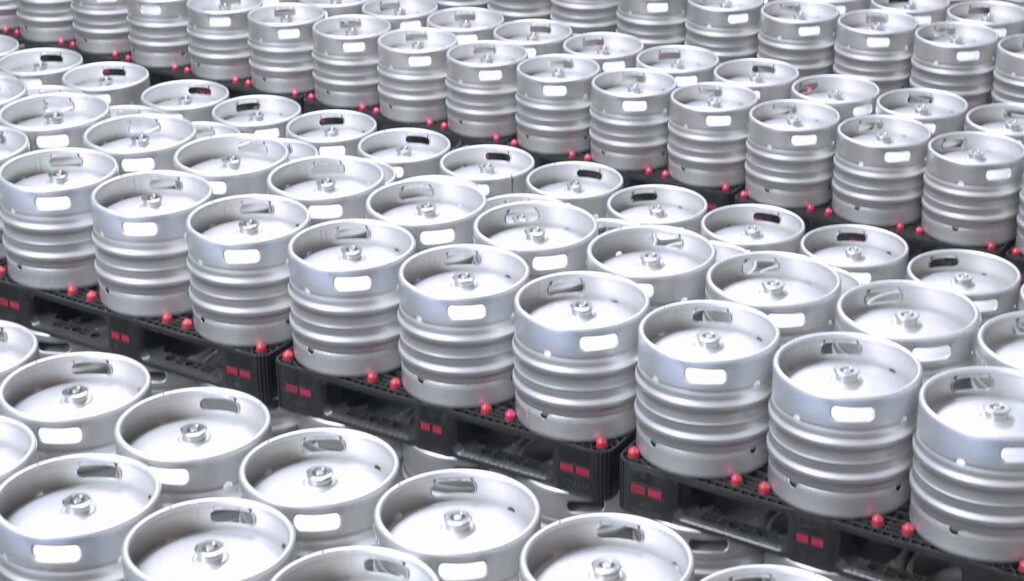At the heart of every healthcare facility, there is a SPD/CSSD team that is on the frontline of patient safety day in and day out, to decontaminate instruments, assemble sets, sterilize equipment, prepare case cart systems for surgery, manage loaner instrumentation and devices.
Critical Incidents in Hospital SPD
Their primary role is in preventing infections in the hospital and they follow stringent processes to keep sterile items cordoned off from contaminated devices or instruments, and to ensure proper sterilization of all items.
They also play an important role in making sure all surgical trays are complete. Surgical tray errors are considered critical incidents in a hospital because they can put the hospital at legal risk.
Sterile Processing Tracking Systems For SPD Excellence
Sterile processing tracking systems help SPD departments better manage this process, and provide a real-time, accurate electronic record of the status of instrumentation and medical devices.
They rely on wireless and contactless technologies such as RFID trackers to automatically identify and track each surgical set, container, and medical device in reprocessing.
Sterile processing tracking systems don’t introduce any new processes into the reprocessing workflow; instead, they guide each item automatically through those workflows and provide documentation indicating when each step in the process is complete. They can also update the system when the instruments have undergone repairs, sharpening, or modification.
Managing a loaner system‘s instrument inventory presents an even greater challenge for SPD teams. When hospitals are unable to purchase particular instruments outright, they often borrow them from other facilities or act as trial locations for new devices.
The SPD department not only has to clean these instruments, but also identify any problems associated with them and track the items throughout their lifecycle as they enter and then later leave inventory.
For hospitals applying total quality management to surgical tray or kit building, RFID sterile processing tracking systems assist with surgical tracking by automating manual tray counts and checks that are typically used to confirm the accuracy of the tray/kit.
Data captured can also be used to identify bottlenecks or operational failures during the sterilization and tray-building process. That data is easily auditable for quality improvement or accreditation purposes.
Xerafy is a pioneer in RFID, bringing to market several innovations that enable advanced industrial identification and automation capabilities.
In addition to a complete range of field-proven RFID tags available off-the-shelf, Xerafy offers Custom RFID Tags services, covering everything from a personalization service bureau to custom-design engineering capabilities.
